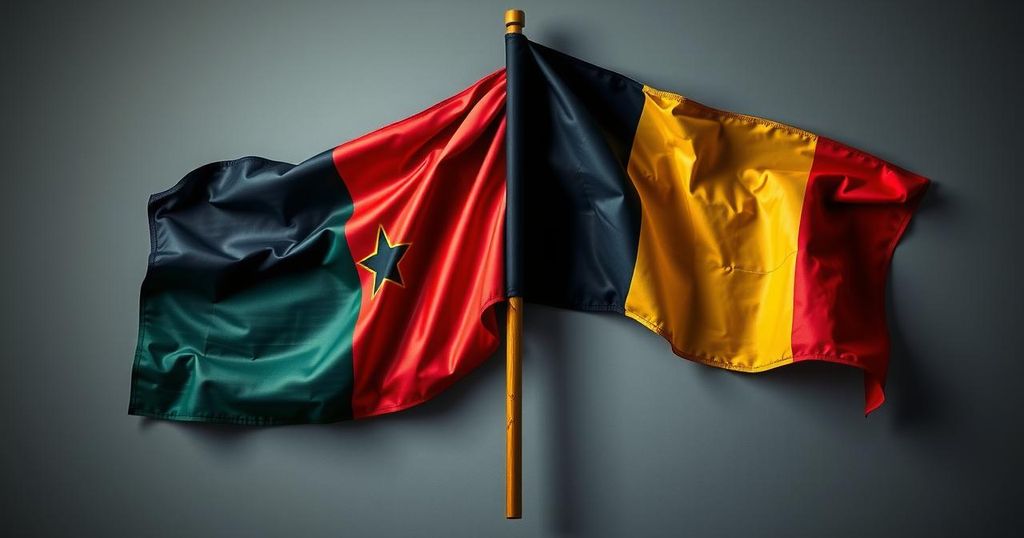Diplomatic Break: Rwanda Cuts Ties with Belgium Amid EU Sanctions

Rwanda and Belgium have severed diplomatic ties following EU sanctions against Rwanda for its military actions in the DRC. Belgium was a prominent advocate for these sanctions, citing violations of international law by Rwanda. The situation has exacerbated the ongoing humanitarian crisis in Eastern Congo, raising questions about the effectiveness of the sanctions.
On March 18, 2025, tensions escalated between Rwanda and Belgium, resulting in Rwanda severing diplomatic ties following the European Union’s (EU) decision to impose sanctions on Rwandan military and government officials. The sanctions stem from accusations that Rwanda has been exacerbating conflict in the Democratic Republic of Congo (DRC) by deploying troops and exploiting the region’s mineral resources. Rwanda responded to the sanctions by expelling Belgian diplomats within 48 hours, stating Belgium had taken sides against Rwanda in a regional conflict.
Belgium played a significant role in advocating for the sanctions, emerging as the most vocal supporter during discussions among EU member states. Kristof Titeca, a professor at the University of Antwerp, noted Belgium’s leading position in sanction discussions, highlighting its long-standing involvement in the region. Belgian Foreign Minister Maxime Prévot clarified that their objective was to raise awareness regarding Rwanda’s actions in Eastern Congo without intending to weaken the country.
Critics suggest that Belgium’s past as a colonial power in the DRC influences its current stance toward Rwanda, though Titeca argues that this cannot solely explain Belgium’s actions. He emphasizes that Rwanda’s actions represent a violation of international law, necessitating a strong response. Meanwhile, Rwanda faces allegations from the UN, US, and EU of supporting the M23 rebel group, which has intensified conflict in eastern DRC, causing massive humanitarian crises and displacing millions.
The effectiveness of these sanctions remains uncertain, as Titeca expresses skepticism about their ability to halt the ongoing conflict. Although the sanctions target specific Rwandan officials, they do not impact crucial EU policies or development aid. The EU has historically involved itself with Rwanda, recently signing cooperation agreements in mining. Titeca acknowledges that while EU perspectives on Rwanda are divided, the current sanctions are a notable attempt to exert pressure, as evidenced by Rwanda’s vigorous diplomatic response regarding the sanctions.
In conclusion, the severance of diplomatic ties between Rwanda and Belgium highlights the complexities of international relations in the context of regional conflicts. The EU sanctions against Rwanda, which Belgium strongly advocated, mark a significant escalation in the ongoing tensions stemming from Rwanda’s interference in the DRC. As the humanitarian crisis deepens, the effectiveness of these sanctions remains to be seen, reflecting both the challenges faced by the EU and the evolving global diplomatic landscape.
Original Source: www.dw.com








